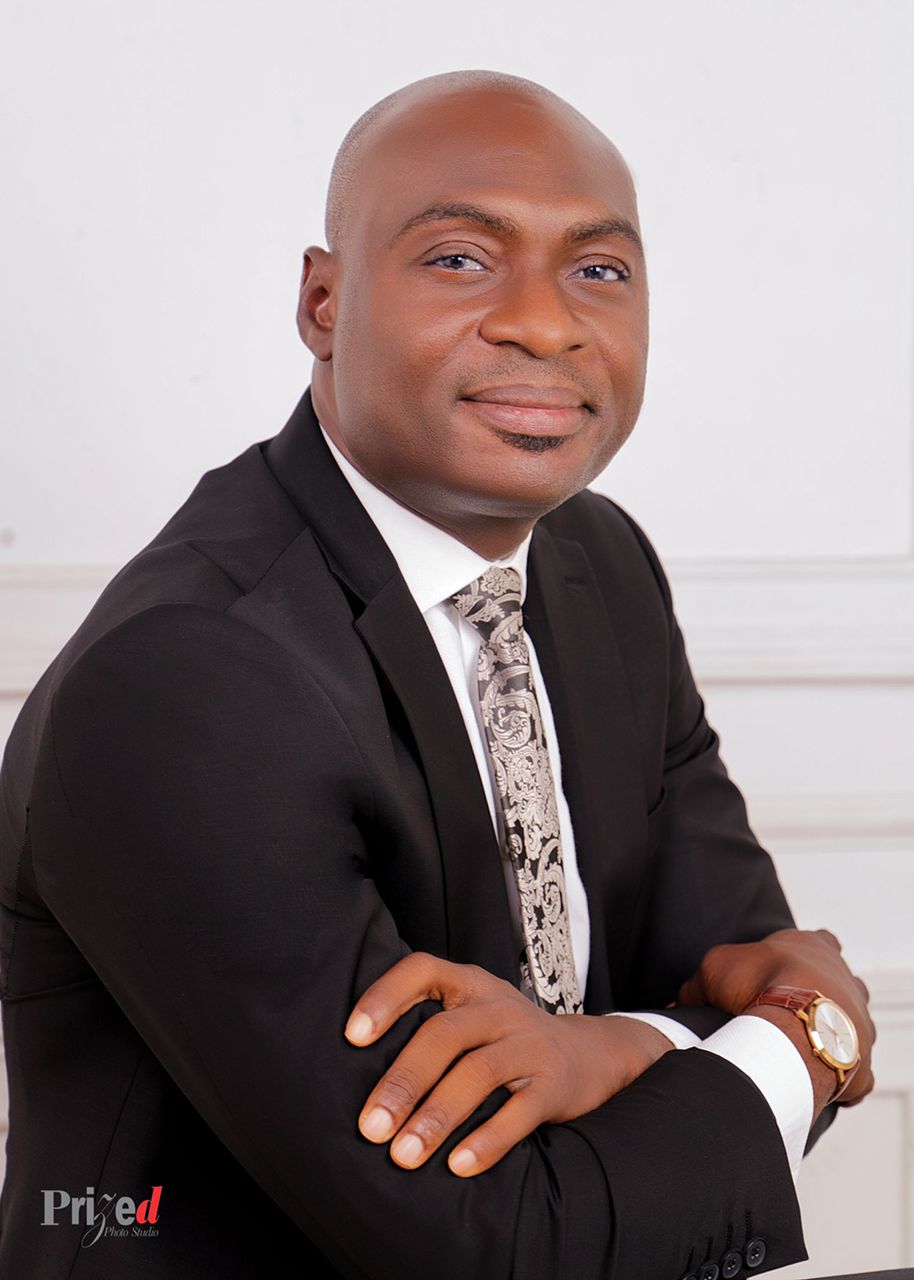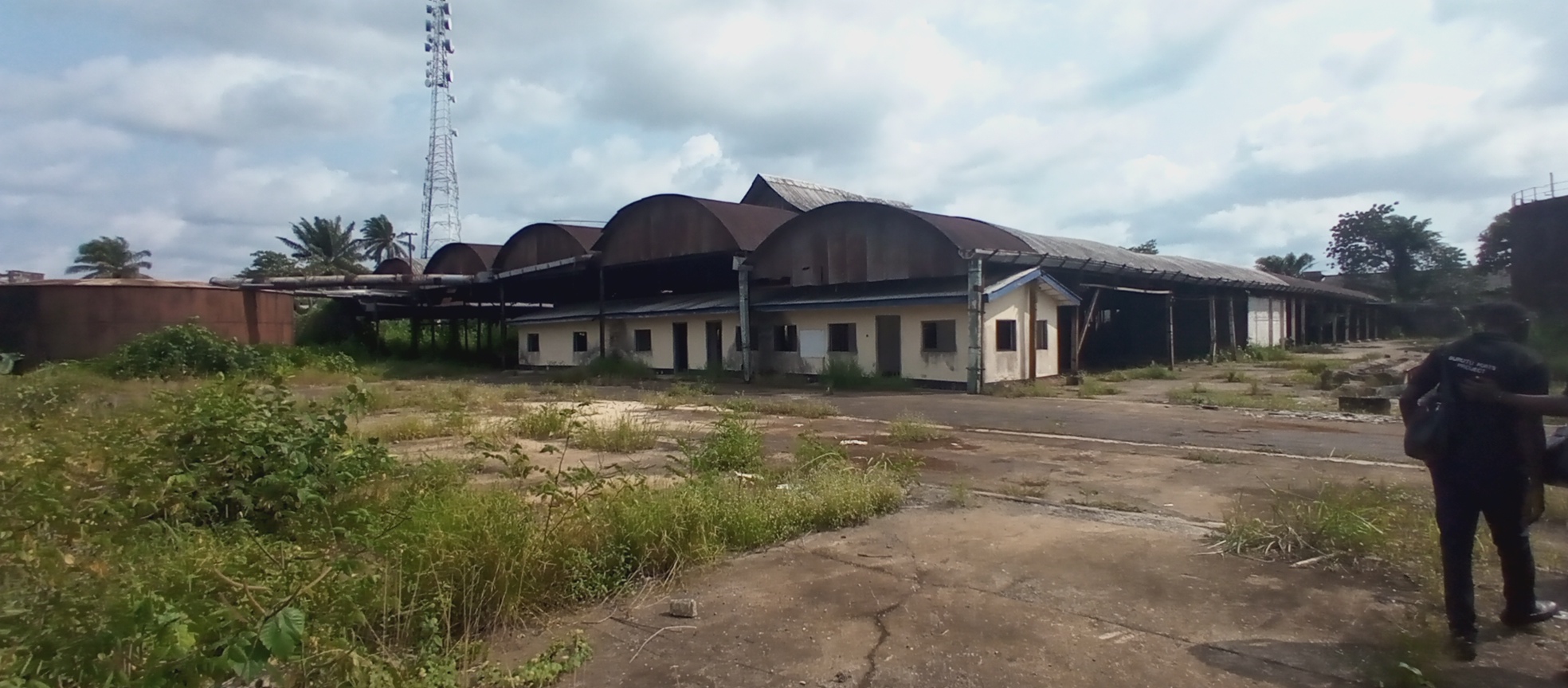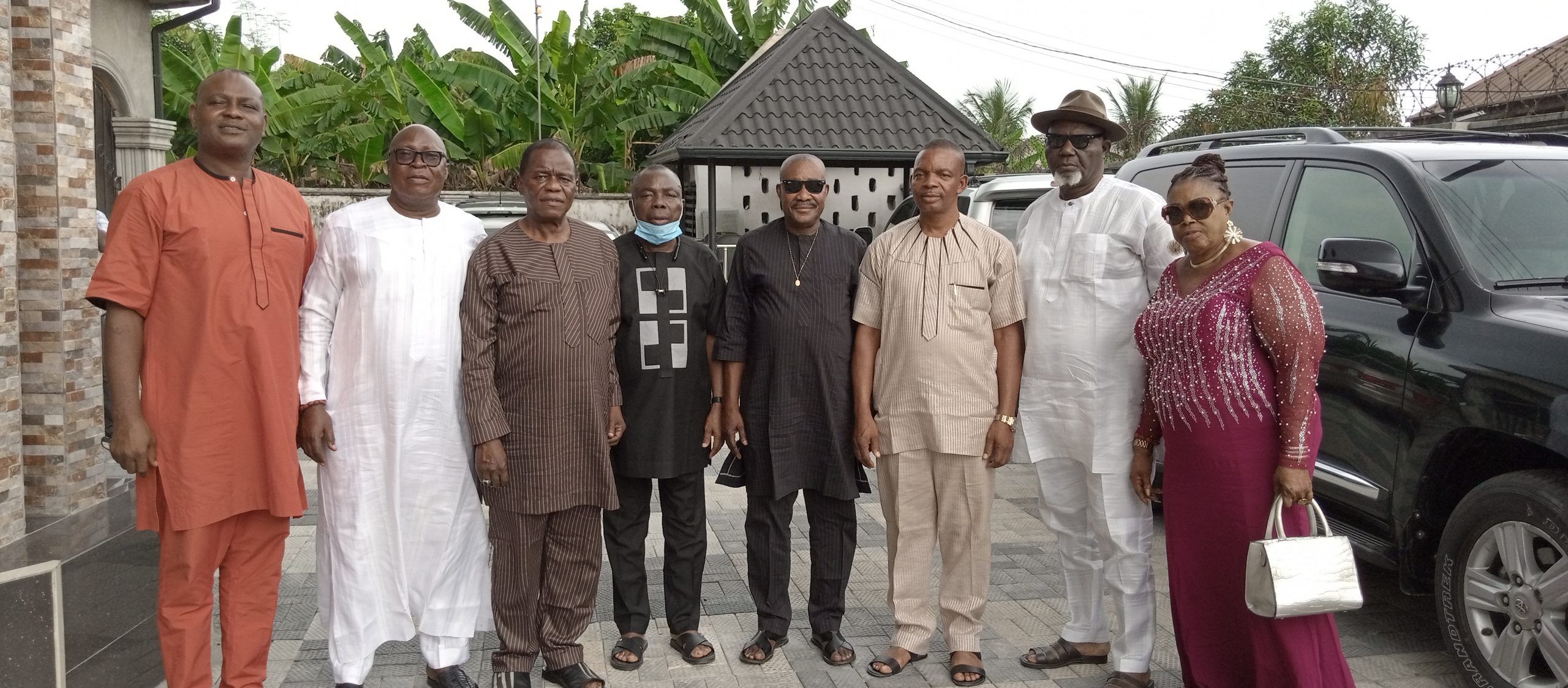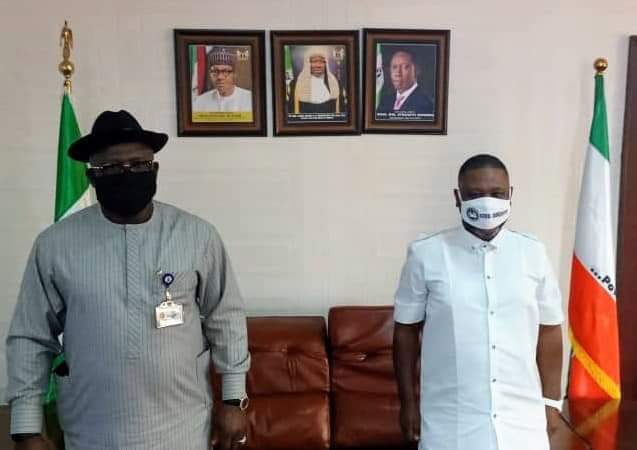Today’s challenging environment in which we find ourselves requires political leaders to hone their edge in nine critical areas: insight, character, commitment, credibility, competence, communication, consistency, care and execution — so as to achieve economic excellence.
History has shown we are beset with numerous challenges that strain our economy from incremental and radical development — some people whom are right thinking want to do their part to limit the suffering and promote a sustainable human flourishing environment, so as to minimise the current and future challenges ahead of us; but we all know that this change agents whom are passionate and willing to utilise their great prowess so as to effectively aid in the creation of a better future for people and the planet, have not been given a level playing field.
Currently, we are living in a society where new shocks have been layered onto earlier shocks. A good example is the current insecurity, hyperinflation, inefficiency on the national power grid and so on and these have resulted to people being uncomfortable in their domain.
There is need for political leaders to adopt a systemic change and strategic courage so as to deal promptly with the numerous challenges we all are faced with.
Systemic change in its broadest sense is holistic and deals with the cause of a problem and not its symptoms, it is generally understood to require adjustments in policies, practices, power dynamic and our mindset that underlie the societal issue at stake.
Strategic courage is what drives a leader to steer in the intended direction, ask for help when necessary, admit errors, relentlessly look for lessons, be at alert, “wait and watch”, change what needs to be modified in pursuit of the strategic intent, concentrate on future and present threats which enables a leader to develop a mindset of resilience preparation, scenario planning, efficiency drive and careful inflation monitoring as these are core areas of focus in economic management.
It is noteworthy that for a leader to adopt systemic change and strategic courage, the leader must recognise and do away with the two biggest barriers to good decision making which are — ” Blind spot and Ego “.
Together they make it difficult for one to objectively see what is true about their circumstances and make the best possible decision by getting the most out of others.



